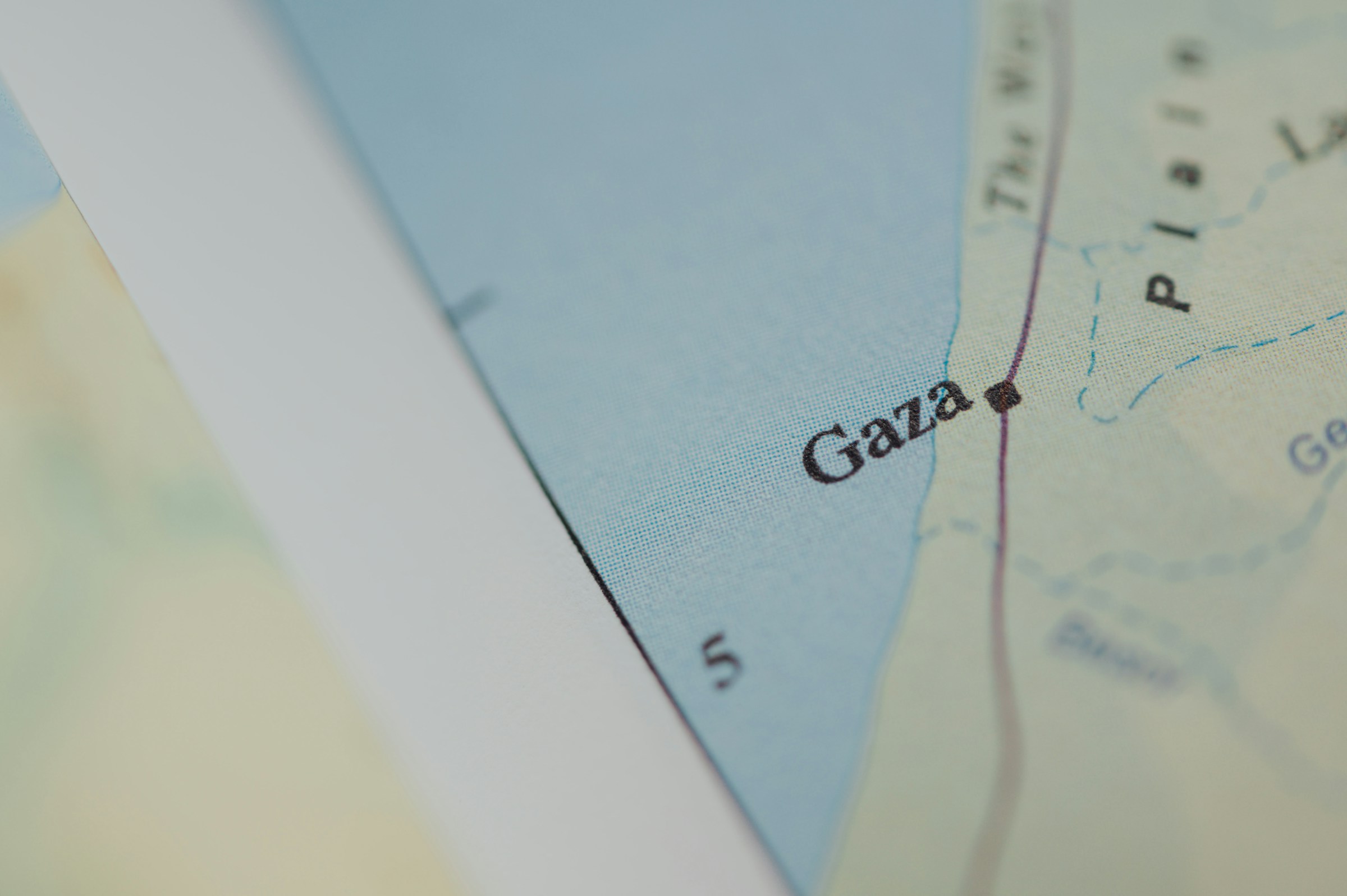Singapore’s declared willingness to recognize the State of Palestine—contingent on peace progress and a two-state outcome—may appear diplomatic and humanitarian on the surface. But behind this posture lies a more deliberate recalibration of Singapore’s alignment strategy amid shifting global capital, humanitarian expectations, and geopolitical blocs.
The Republic’s remarks, delivered by Deputy Secretary Kevin Cheok at the July 29 UN conference on the Israeli-Palestinian conflict, go beyond moral positioning. They suggest a quiet but purposeful divergence from its traditionally conservative posture on Middle Eastern sovereignty declarations. When coupled with proposed humanitarian deployments and conditional reconstruction aid to Gaza, the signal is one of layered, pragmatic realignment.
This briefing interprets Singapore’s stance not as a one-off diplomatic gesture, but as part of a broader effort to secure its institutional neutrality, reputation capital, and capital attractiveness in a fragmenting global order.
The immediate trigger is Singapore’s shift in language and posture on the recognition of Palestine, timed alongside the three-day United Nations summit co-chaired by France and Saudi Arabia. Singapore’s envoy reiterated support for an immediate ceasefire, condemned the denial of humanitarian access in Gaza, and signaled interest in direct engagement—including medical deployments and conditional reconstruction aid.
The timing is critical. With Western governments divided on arms shipments, hostage diplomacy, and the Gaza blockade, and with Arab capitals coordinating reconstruction and recognition through Saudi-led frameworks, Singapore’s carefully worded alignment allows for movement without rupture. More crucially, it signals that Singapore sees reputational neutrality—and readiness to engage humanitarian-first—as a long-term capital position, not merely a diplomatic hedge.
This reflects growing awareness that a multipolar order will require small advanced economies to re-anchor their moral legitimacy and institutional agility in humanitarian response and strategic abstention.
Singapore’s exposure is not military, but institutional and reputational. It must navigate between US-Israeli alliance pressures, the moral expectations of the Global South, and its own public sector emphasis on rule of law and UN-centered governance. This becomes particularly delicate in humanitarian crises where Singapore is not a direct party—but where silence or perceived alignment carries reputational cost.
On the capital front, Singapore must protect its position as a trusted intermediary in cross-border flows—whether Gulf sovereign wealth funds, humanitarian aid corridors, or ESG-linked asset classes. Inaction or delay on visible human rights issues risks eroding trust among Islamic finance allocators, multilateral agencies, and institutional ESG investors who increasingly view Gaza as a litmus test of global governance credibility.
This is not about siding with blocs. It is about insulating long-term capital posture from reputational volatility.
Singapore’s clearest institutional response lies in its layered humanitarian calibration. Proposing a medical team to treat Gaza patients and expressing conditional support for reconstruction signals a willingness to be operational, not just rhetorical. This avoids hard recognition while projecting humanitarian legitimacy.
The subtext is infrastructure optionality: the capacity to mobilize cross-border aid logistics, deploy medical teams, and potentially coordinate post-conflict rebuilding. This increases Singapore’s strategic value to both Western-aligned donors and Arab multilateral funds looking for efficient, neutral implementation partners.
Such capability-building is a form of soft capital infrastructure—low-cost in fiscal terms, but high-leverage in diplomatic and allocative terms.
The recognition shift itself will not trigger material capital reallocation. However, the humanitarian posture may reinforce Singapore’s appeal as a geopolitical neutral zone, particularly for Islamic finance, Southeast Asian diaspora wealth, and multilateral grant deployment.
In times of regional or ideological polarization, allocators look for jurisdictions that demonstrate rules-based governance and moral clarity—without geopolitical entanglement. Singapore’s carefully timed call for ceasefire, condemnation of aid obstruction, and conditionality-based reconstruction offer this clarity without compromising strategic flexibility.
This reputational neutrality becomes more valuable as Western countries struggle with inconsistent Middle East policy, and as ASEAN actors position themselves as humanitarian intermediaries rather than ideological allies.
Singapore’s policy posture is not accidental. It is a measured response to growing geopolitical expectation that middle-power states must either take sides—or demonstrate capability. By leaning into humanitarian action while maintaining recognition conditionality, Singapore avoids premature entanglement yet expands its role in capital-safe diplomacy.
This positions the Republic as a credible reconstruction partner, an allocator-friendly jurisdiction for Middle Eastern funds, and a regional model of humanitarian-capable neutrality. In a world where reputational alignment is increasingly priced into sovereign credibility, Singapore is quietly anchoring its future neutrality not in statements—but in systems.














